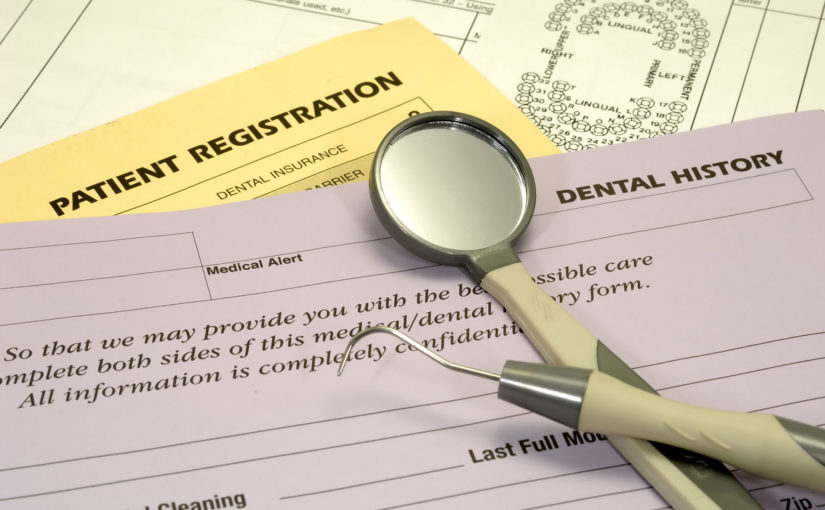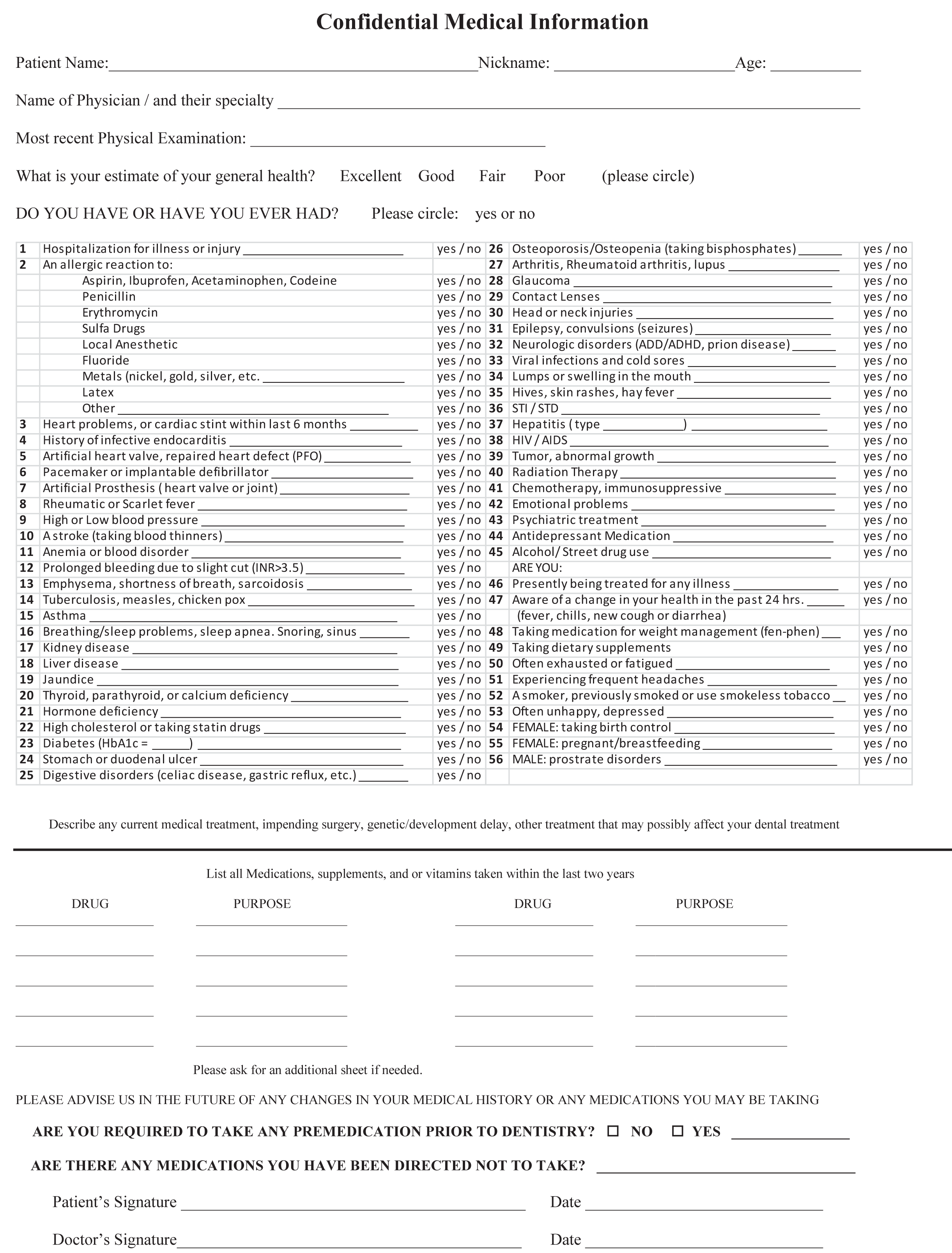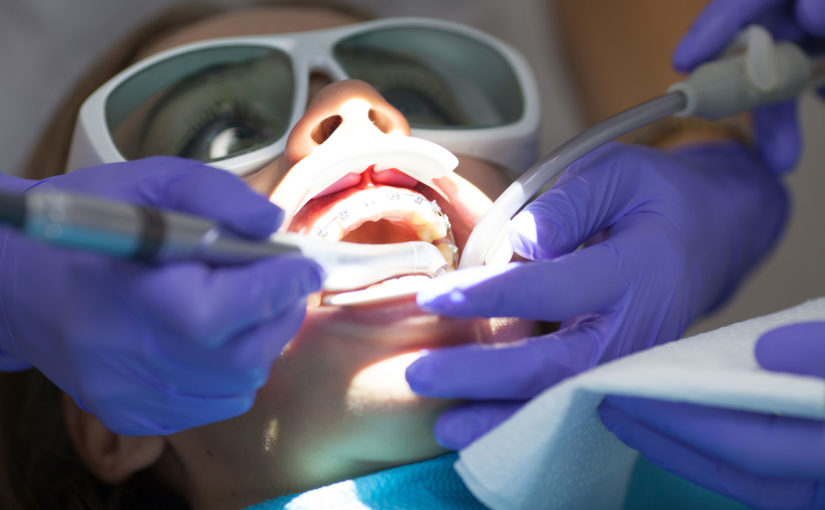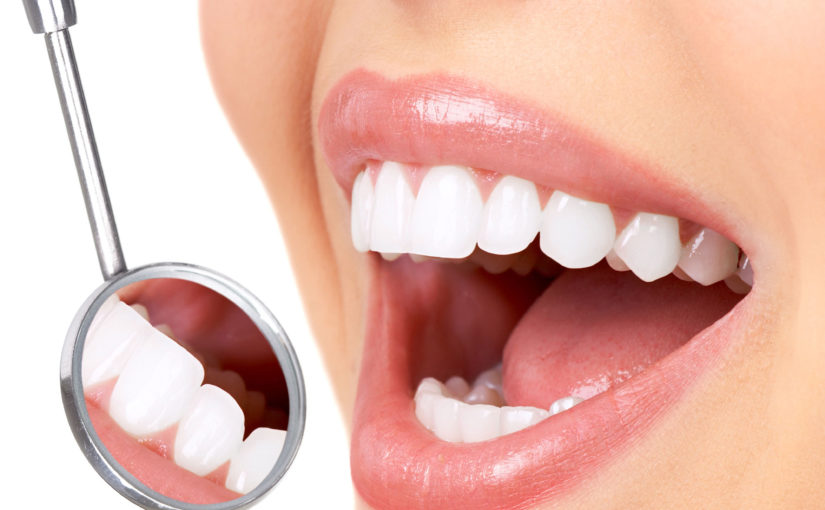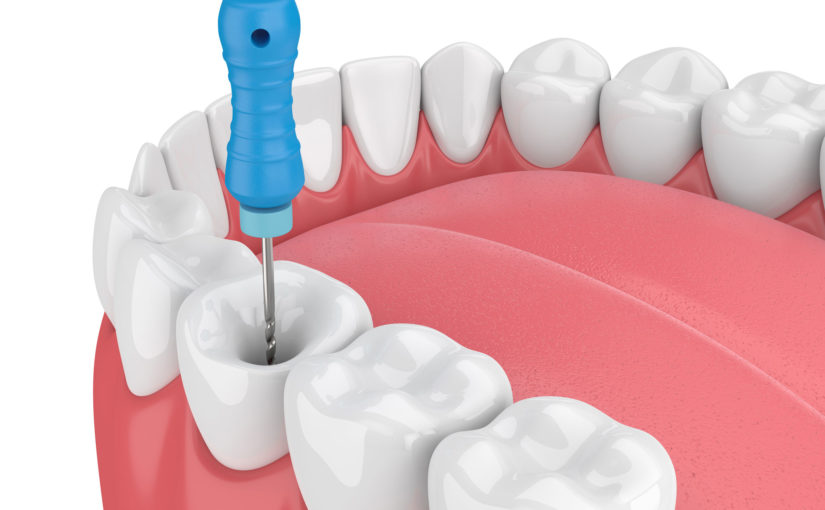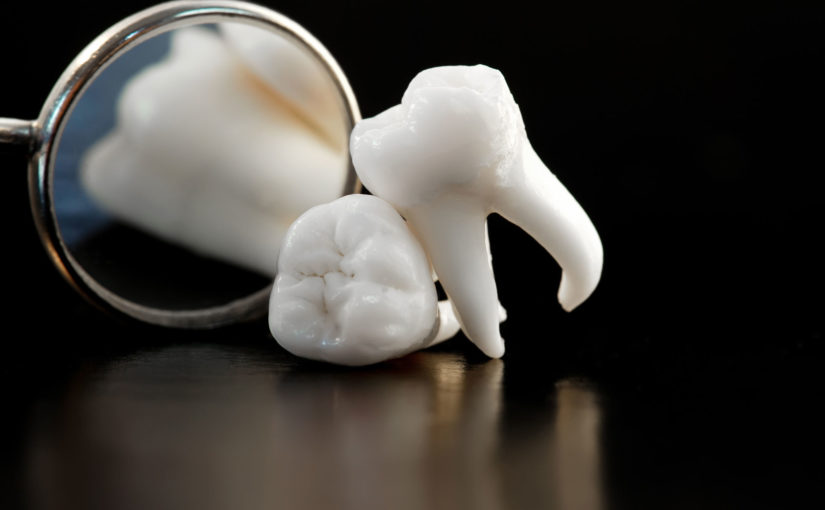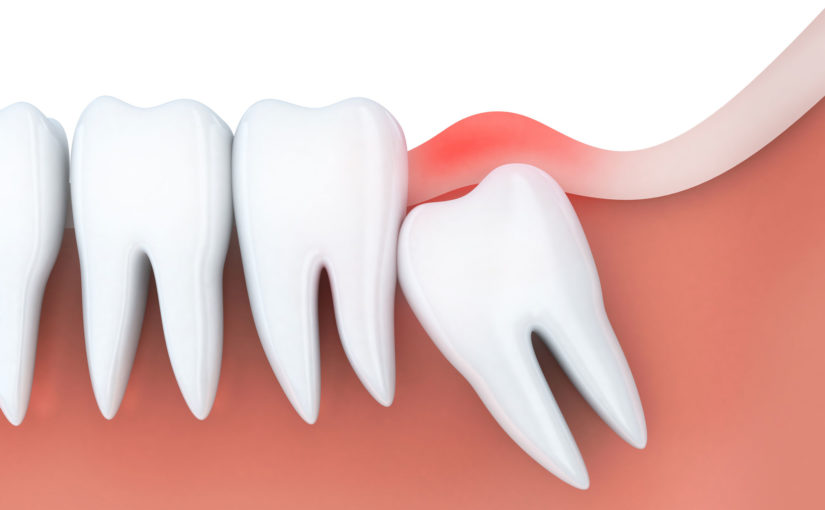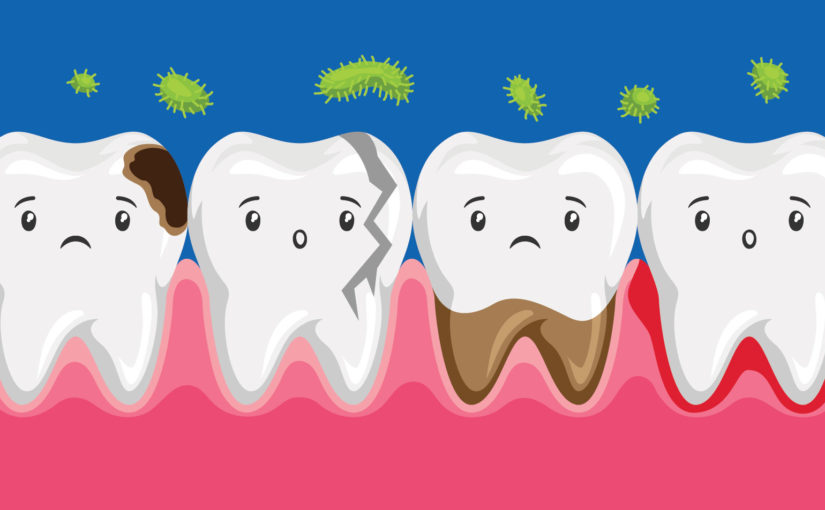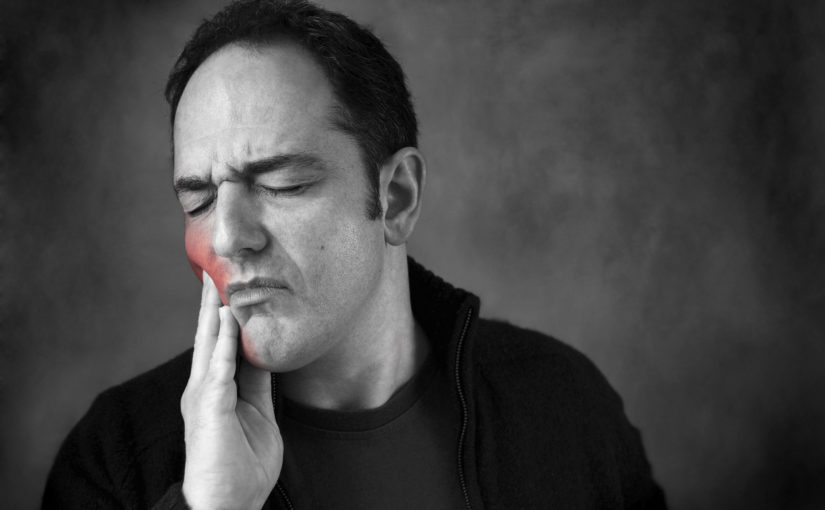Dental Crowns
A crown (“cap”) is a covering that looks like a tooth, placed over a carefully prepared preexisting tooth. Crowns serve many functions, such as to strengthen, restore or improve the appearance of your natural tooth. For example, a crown can support the tooth when there is no longer sufficient tooth structure left to place a filling. Crowns may also be used to protect the structure of a tooth that is fractured or broken, and can be attached to bridges or dentures. Crowns dentistry is highly recommended when a tooth has been endodontically treated since the tooth becomes weaker and is prone to breakage or fracture in the nearby future.
Dental Bridges
A bridge is a restoration that replaces or spans the space where one or more teeth have been lost. The bridge is cemented into place; only a dentist can remove it. Your appearance, dental health and the proper functioning of your mouth all are important. A bridge helps maintain the natural shape of your face by supporting your lips and cheeks. A bridge is normally cemented to the adjacent natural teeth. A false tooth (called a pontic) replaces the missing tooth. Crowns are placed on the adjacent natural teeth, and the crowns are attached to the pontic. A dental bridge can be made of different materials such as gold or porcelain. Bridges look, feel and function like natural teeth.
Dental Crowns & Bridges in Brampton, Mississauga & Woodbridge
Restore, Protect, and Complete Your Smile
At Metro City Dentistry, we provide custom dental crowns and bridges to restore the strength, function, and appearance of your smile. Whether you’re dealing with a damaged tooth, missing teeth, or have recently undergone treatment such as a root canal, our restorative solutions are designed to look natural, feel comfortable, and last for years.
What Are Dental Crowns?
A dental crown is a custom-made cap that covers a damaged or weakened tooth. It restores its shape, size, strength, and appearance. Crowns are commonly used after root canal treatment, to cover large cavities, protect cracked teeth, or improve the look of a misshapen or discolored tooth. They can be made from porcelain, ceramic, or metal alloys, depending on your needs and preferences.
At Metro City Dentistry, we use modern materials and techniques to ensure your crown blends seamlessly with your natural teeth. With proper care, dental crowns can last 10–15 years or even longer.
What Are Dental Bridges?
A dental bridge is used to replace one or more missing teeth. It consists of one or more artificial teeth (pontics) held in place by crowns on the adjacent healthy teeth (abutments). A well-designed bridge not only fills in the gap left by missing teeth but also prevents surrounding teeth from shifting out of place and helps restore normal chewing and speaking function.
Dental bridges are ideal for patients who are not ready for or suitable candidates for dental implants. They’re a fixed, non-removable solution, offering a stable and natural-looking restoration.
When Are Crowns and Bridges Needed?
Crowns and bridges are often recommended in the following cases:
- After a root canal to protect the tooth from further damage
- When a tooth is severely worn down, cracked, or broken
- To cover and support a tooth with a large filling
- To replace one or more missing teeth
- For cosmetic improvement of a discolored or misshapen tooth
Comfortable, Patient-Focused Care
We understand that dental procedures can feel intimidating, especially if you have dental anxiety or haven’t seen a dentist in a while. That’s why we offer sedation dentistry options to ensure a calm, stress-free experience throughout your treatment. Our goal is to restore your smile without discomfort — and with long-lasting, natural-looking results.
We also offer emergency services if you have a broken crown or sudden tooth pain related to a damaged restoration. As your trusted dental team in Brampton, Mississauga, and Woodbridge, we’re here when you need us most.
Ready to Restore Your Smile?
If you’re dealing with damaged or missing teeth, a custom dental crown or bridge could be the perfect solution. Book your consultation today with Metro City Dentistry and let our team help you regain your confidence with a stronger, healthier smile.







